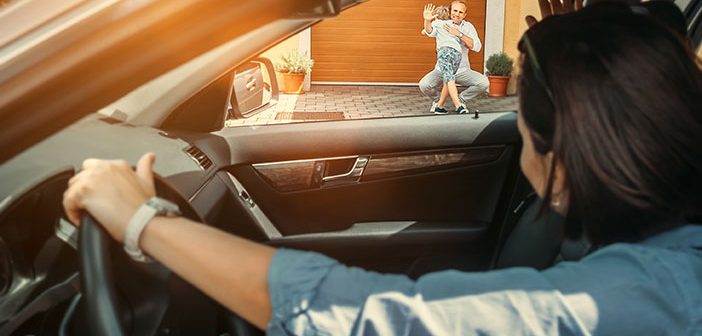Going through a divorce is an emotional roller coaster for everyone involved and especially your children, who need to be shielded from the potential emotional damage and distress that they could experience at such a difficult time for the family.
Contacting a divorce lawyer from IRB Law can help you to deal with the legal practicalities and requirements associated with a separation, but there also some things that you may also want to do in order to protect your children’s emotional well-being, so that everyone comes out on the other side, in the best possible shape, given the difficult circumstances.
Trying to avoid the psychological scars
Even an amicable divorce settlement where everything goes as smoothly as possible between both parties, still has the potential to leave some psychological scars, especially on children, who often need to find a way to cope with such a dramatic change in the family dynamic.
It is really important to consider your child’s feelings and understand the range of emotions that they are likely to experience. If these are not addressed at the time or simply ignored, there is always the potential that some psychological scars could result, and surface at some point later in their life.
Many parents feel an element of guilt about putting their children through a divorce situation, and when you look at what a number of studies seem to show about children with divorced parent, there is good cause to be concerned.
Children have a greater potential to under-perform academically if their parents are divorced, and they might also skip college, especially if they don’t have a parent who is able to pay for their higher education.
There is an estimated 25% increased risk that a child could take drugs by their 14th birthday if they have been through a divorce, and these children are almost twice as likely to get divorced themselves in their adult life.
These are only statistics of course, which means that every parent has the chance to buck any negative trends and do their best to avoid these psychological scars from creating future problems.
Work together, even though you are going through a divorce
There are many ways you can still work together to protect your children from the stress and trauma of a divorce.
Even if you have agreed that you no longer wish to be together as a couple, this does not change the fact that you are both parents. Try to reaffirm with each other that protecting your child’s emotional health and general well-being is a mutual priority that you will both try to work on.
There are often arguments and general disagreements at certain points in the divorce process. If you both agree to try and restrict this fighting and keep negotiations as civil as possible for the sake of the children, this could make a tremendous difference to the emotional health of your children.
Another important rule to try and adhere to is to avoid the temptation to criticize your former partner in front of the children.
If you remember that they are viewing you in the role of parents and therefore kids will often become very upset when they hear one of their parents bad-mouthing the other. Criticizing your partner in front of the children can result in them suffering from low self-esteem, so bite your tongue, or just take a few deep breaths before you make the mistake of saying something that your kid’s could be upset to hear.
Stability and consistency
Children obviously go through different stages of emotional development and their level of understanding and feelings about a divorce situation will change according to their age at the time.
If you have very young children that are yet to go to school or haven’t yet got to middle school, stability and consistency are two keywords that you need to keep in your mind when trying to protect them from the effects of your divorce.
Most children who are going through a divorce scenario often crave a certain level of stability and will benefit from consistency too. If you can work on keeping their existing routine as much as possible and avoid changing your approach to them, despite the emotional stress you may be experiencing, this will help your young child to cope better with what is happening.
Older children, especially adolescents, tend to focus on the financial ramifications of a divorce, as they often realize that there may be monetary limitations imposed on them as a result of the divorce, so discuss these issues where you can and provide some reassurances, where you can.
Many kids tend to recover and bounce back from the shock of their parents getting divorced. You can improve the chances of this happening in your family if you try to protect their emotional health during such a difficult time.
Emma Richards went through a divorce several years ago, one of the most difficult times of her life. But now she can say that she and her kids are happy and it was the right thing to do. She shares her tips for parents wanting to protect their kids as life turns upside down.




